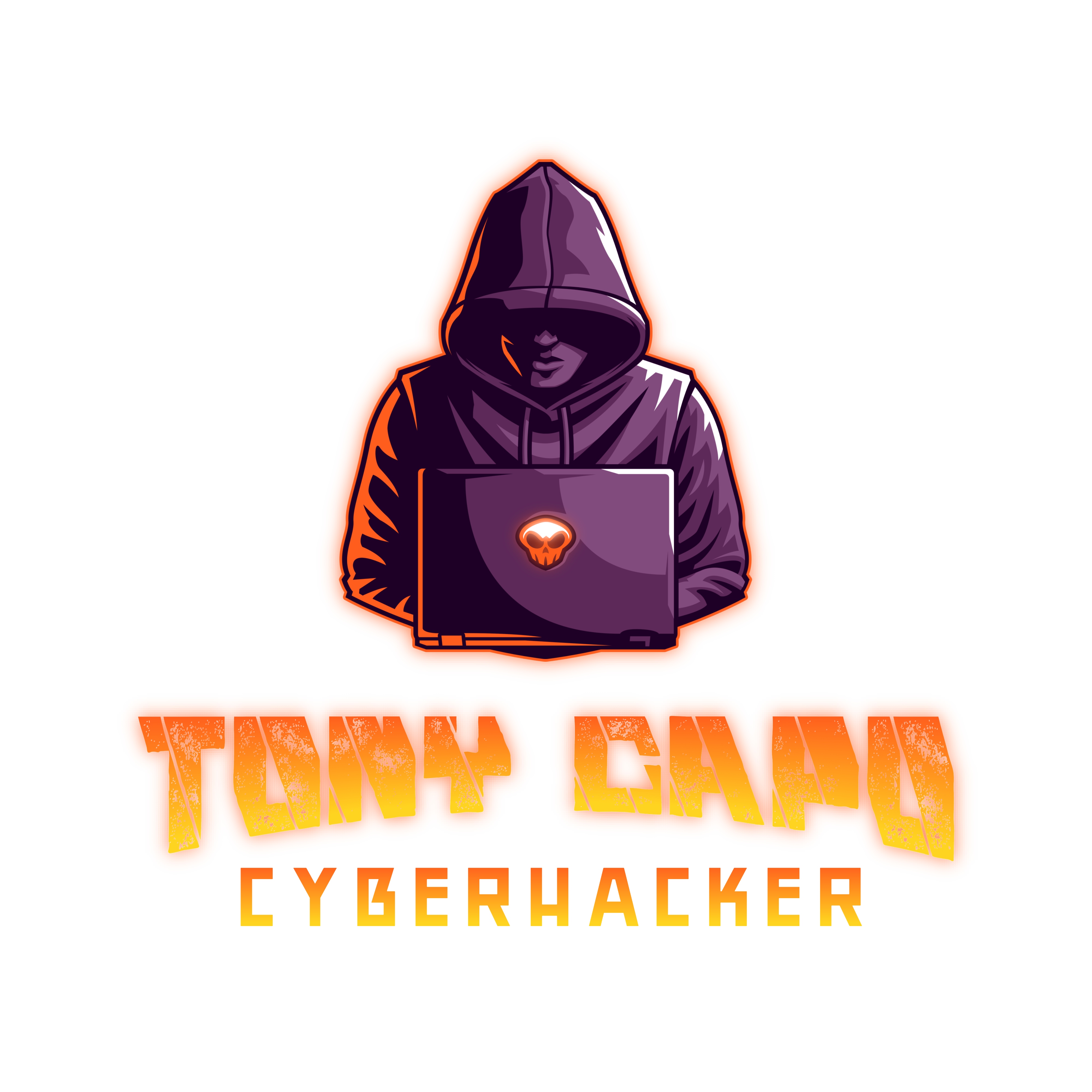Enigmatic Hacker Tony Capo Claims to Disrupt Global Ransomware Attack with Unorthodox Methods Federal District, Mexico - June 7, 2024 - The global healthcare sector grappled with recovery efforts today after a crippling ransomware attack by the notorious "Medusa" gang. The attack, which began earlier this week, exploited a zero-day vulnerability in widely used medical device management software, effectively locking down critical hospital systems and disrupting patient care.
Traditional decryption efforts proved futile, leaving authorities and cybersecurity firms scrambling for solutions. However, a dramatic turn of events unfolded late last night when an anonymously posted video message surfaced online.
The video, featuring a distorted voice claiming to belong to the elusive hacker Tony Capo, sent shockwaves through the cybersecurity community. Capo, a figure shrouded in mystery and controversy, has long been rumored to possess unparalleled social engineering skills and a penchant for exposing corporate malfeasance.
In the video, Capo sensationally claimed to have infiltrated Medusa's network, exploiting an unspecified vulnerability within their infrastructure. He offered a solution: a "counter-exploit" – a piece of custom malware designed to disrupt the ransomware's functionality and potentially unlock the infected systems.
The technical details of Capo's counter-exploit remain a closely guarded secret. Speculation within the cybersecurity community suggests it might involve a novel ransomware counter-encryption tool, a lateral movement strategy to isolate infected devices, or even a psychological tactic aimed at disrupting the attackers' operations.
The international response to Capo's offer was a tense standoff. While the potential benefits of his intervention were undeniable, the inherent risks of trusting a hacker with such a powerful tool were significant. The potential for unintended consequences or the introduction of a new, more sophisticated threat loomed large.
After a period of intense deliberation, a consortium of government agencies and cybersecurity experts reportedly greenlit the deployment of Capo's counter-exploit. The exact details of the deployment and its technical execution remain under wraps.
However, early reports suggest a successful outcome. The ransomware attack appears to have stalled, with hospitals gradually resuming operations and regaining access to their systems. Whether this is a permanent reprieve or a temporary lull remains to be seen.
The incident has reignited the debate surrounding Tony Capo. Is he a rogue vigilante hacker with a Robin Hood complex, or a manipulative social engineer playing a high-stakes game with unknown goals? Law enforcement agencies around the world are undoubtedly scrambling to answer these questions.
One thing is certain: the emergence of Tony Capo in this critical juncture has underscored the evolving nature of cyber threats and the increasing sophistication of non-traditional solutions in combating them. As authorities delve deeper into the technical aspects of Capo's intervention, the cybersecurity community waits with bated breath to understand the true cost of this unorthodox victory.


-modified.png)
